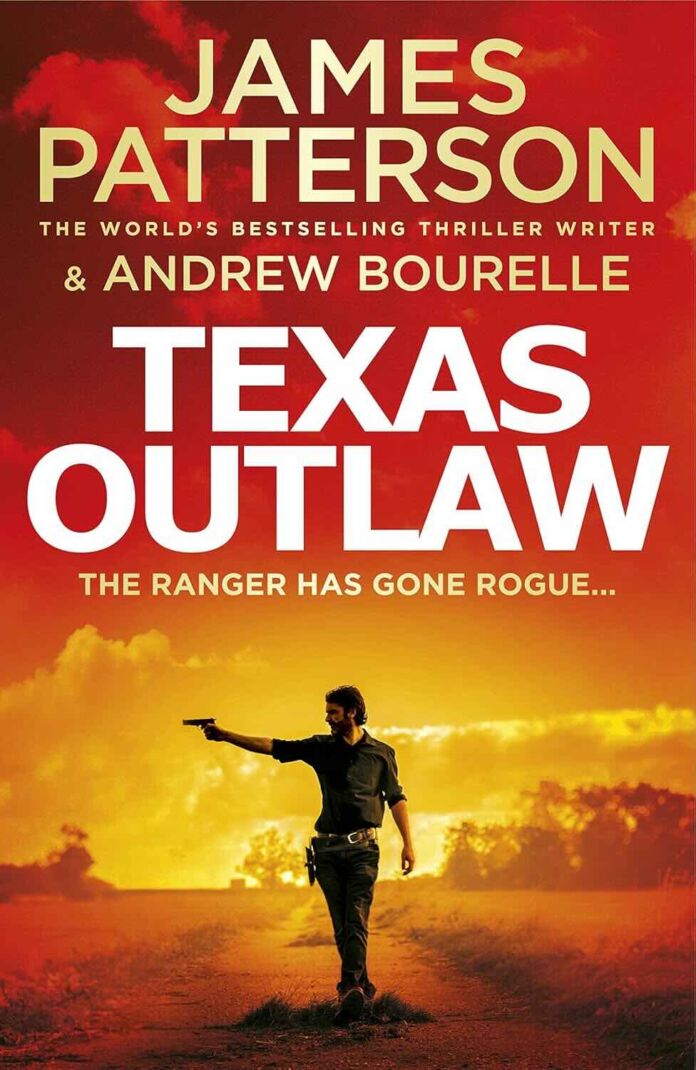Texas Outlaw marks the second installment in James Patterson and Andrew Bourelle’s Texas Ranger series, following the compelling introduction of Rory Yates in Texas Ranger and preceding The Texas Murders. This modern Western crime thriller masterfully blends traditional Texan law enforcement elements with contemporary storytelling, creating a unique narrative that both honors and updates the classic Western genre.
Plot Analysis: When Justice Meets Gray Areas
In this gripping sequel, Texas Ranger Rory Yates finds himself thrust into an intricate web of small-town corruption in Rio Lobo. What begins as a seemingly straightforward investigation into a councilwoman’s death evolves into a complex narrative exploring the boundaries between law and justice. The authors skillfully weave multiple plot threads—from drug trafficking operations to personal vendettas—creating a tapestry of intrigue that keeps readers engaged throughout.
Character Development: Beyond the Badge
The character development in Texas Outlaw represents both a strength and occasional weakness of the narrative. Rory Yates emerges as a more nuanced protagonist compared to his portrayal in the first book, wrestling with personal dilemmas while maintaining his core sense of justice. His romantic entanglements with both Willow Dawes and Ariana Delgado add depth to his character, though sometimes at the expense of plot momentum.
Standout Supporting Cast
Detective Ariana Delgado proves to be a particularly well-crafted character, bringing both professional competence and personal complexity to the story. The antagonists, especially Gareth McCormack, are developed with sufficient depth to avoid falling into stereotypical villain tropes.
Writing Style and Pacing
Strengths:
- Crisp, action-oriented prose
- Well-constructed dialogue that feels authentic to the setting
- Effective build-up of tension throughout key scenes
- Seamless integration of Western elements with modern crime fiction
Areas for Improvement:
- Occasional pacing issues in the middle sections
- Some plot points feel slightly contrived
- Secondary character development could be more consistent
Setting and Atmosphere
The authors excel in creating a vivid portrayal of small-town Texas. Rio Lobo emerges as more than just a backdrop; it becomes a character in its own right, with its two stoplights and intricate web of relationships. The description of the landscape and local culture adds authenticity to the narrative.
Critical Analysis
What Works Well
Texas Outlaw by James Patterson and Andrew Bourelle succeeds in several key areas:
- Strong sense of place and atmosphere
- Compelling central mystery
- Well-executed action sequences
- Interesting exploration of moral ambiguity
Room for Enhancement
Some aspects could be strengthened:
- Certain plot resolutions feel rushed
- The romantic subplot occasionally distracts from the main narrative
- Some supporting characters could use more development
Series Progression
As the middle entry in the trilogy by James Patterson and Andrew Bourelle, Texas Outlaw builds effectively on the foundation laid in Texas Ranger while setting up intriguing possibilities for The Texas Murders. The character growth and evolving relationships suggest a well-planned series arc.
Impact and Relevance
The novel tackles relevant themes including corruption, loyalty, and the sometimes blurry line between right and wrong in law enforcement. These elements resonate particularly well in today’s social climate.
Final Verdict
While not without its flaws, the novel successfully combines elements of Western, crime, and thriller genres while maintaining its own unique identity. It’s a worthy addition to Patterson’s extensive bibliography and should satisfy fans of both modern crime fiction and traditional Westerns.
Recommendations for Readers
If you enjoyed Texas Outlaw, consider exploring similar works like Craig Johnson’s Longmire series or C.J. Box’s Joe Pickett novels, which share similar themes and settings.
Analysis and Further Discussion
Literary Merit
The novel’s strength lies in its ability to merge genre conventions while maintaining originality. The authors’ experience shines through in the confident handling of complex plot elements and character interactions.
Genre Contribution
Texas Outlaw by James Patterson and Andrew Bourelle makes a notable contribution to the modern Western crime genre, demonstrating how traditional Western themes can be effectively updated for contemporary readers.
Cultural Impact
The book’s exploration of small-town Texas life and law enforcement challenges offers valuable insights into modern rural American culture and its complexities.





